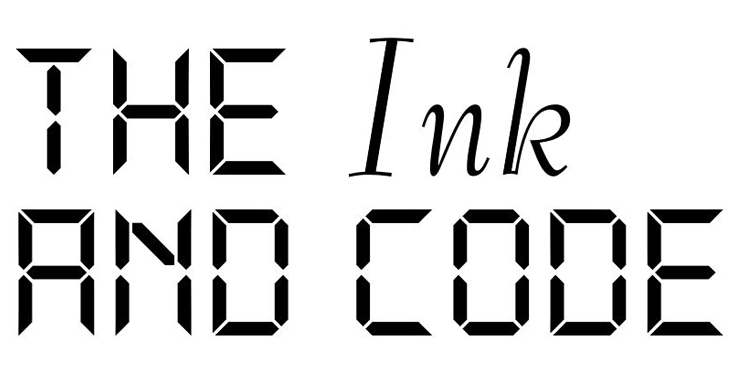One of the highlights of last year’s Fantastic Fest was Jodorowsky’s Dune, a documentary about a film that never got made. It’s fitting that a stand out from this year’s festival is a documentary on a studio that perhaps made too many movies. The studio was Cannon, and the crowd-pleasing documentary is Electric Boogaloo: The Wild, Untold Story of Cannon Films.
For the uninitiated, Cannon was a studio whose output and reputation was without peer. Formed by Menahem Golan and Yoram Globus, producers from Israel, Cannon churned out dozens of films each year–questionable in quality but marked by unmistakable enthusiasm. The cousins complemented each other well: Golan, a wide-eyed dreamer and filmmaker himself and Globus, a grounded businessman. They acquired Cannon in 1979, eager to break into Hollywood. And man did they ever. With the release of such cinematic disasters as The Apple and Enter the Ninja, they were soon recognized as quick and dirty producers of schlocky, low budget fare.
After a series of theatrical blunders, they finally saw some unexpected success with the hastily made Hercules, starring the inimitable Lou Ferrigno. Though it didn’t live up to many expectations (the FX were laughable), it hit with audiences somehow. The wave of success continued with the break-dancing phenomena Breakin’, as well as the increasingly absurd entries in the Death Wish series. They were also largely responsible for launching the film careers of Chuck Norris and Jean-Claude Van Damme. As if that wasn’t enough, they left an indelible mark on the business side of filmmaking, setting the standard for selling films to international markets in advance of production and paying stars outrageous salaries in order to woo them over to Cannon. For a short time, it seemed like they might actually achieve all their wild dreams. But the impulsiveness that lead to their meteoric rise unfortunately also brought about their downfall. Their partnership dissolved just ten years after acquiring Cannon.
Documentary filmmaker Mark Hartley chronicles the rise and fall of Cannon films, creating a loving yet honest and critical portrayal of the cousins. He assembles many of the key people involved with the company, save for Golan and Globus, who declined to participate (for reasons that rang ultimately true to their nature, as Hartley reveals at the end of his film). The cousins are still present throughout thanks to a multitude of archival footage that chronicled the decade of Cannon. By putting themselves in front of the camera over the years, they inadvertently chronicled their own decline, allowing Hartley the material to present his story.
Full of fun, nostalgic clips and anecdotes on some of the most inventive low budget films of the 80s, this documentary moves at a fast pace, and only leaves you wanting more. In the follow up Q&A at the Fantastic Fest screening, Hartley revealed there are hours of interviews not even used, but hopes they appear on Blu-ray. So do we, buddy, so do we

